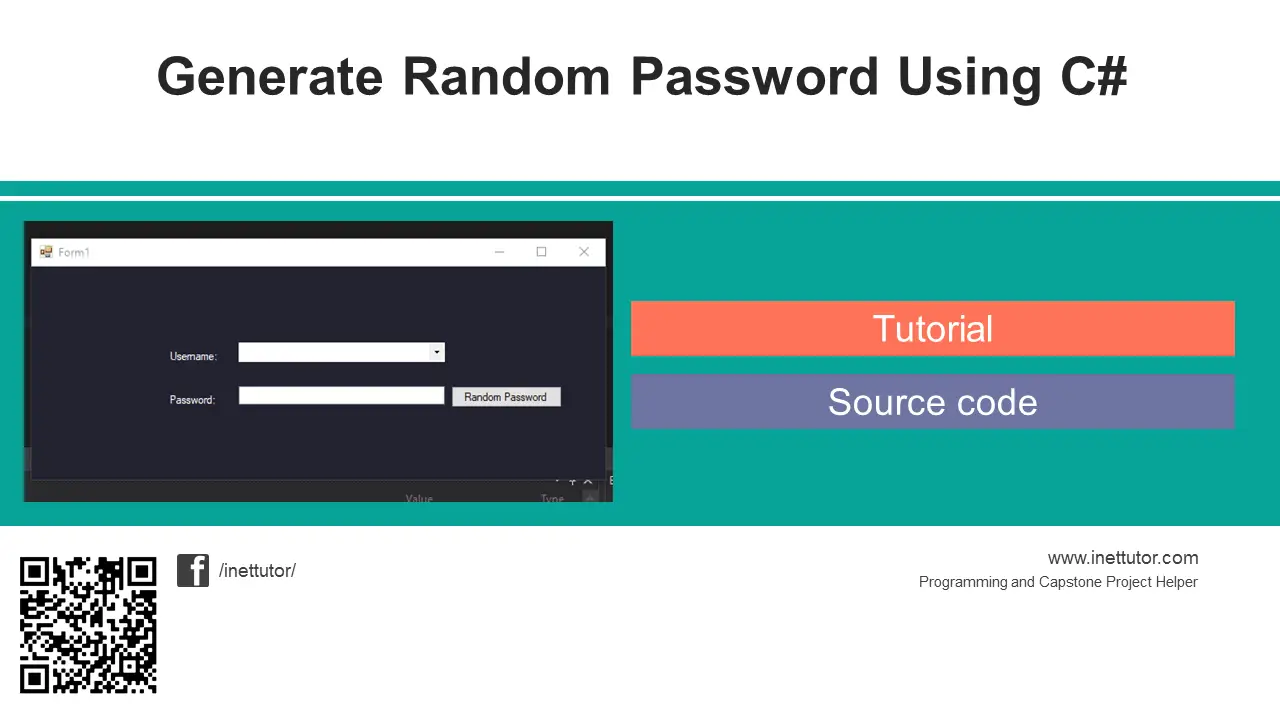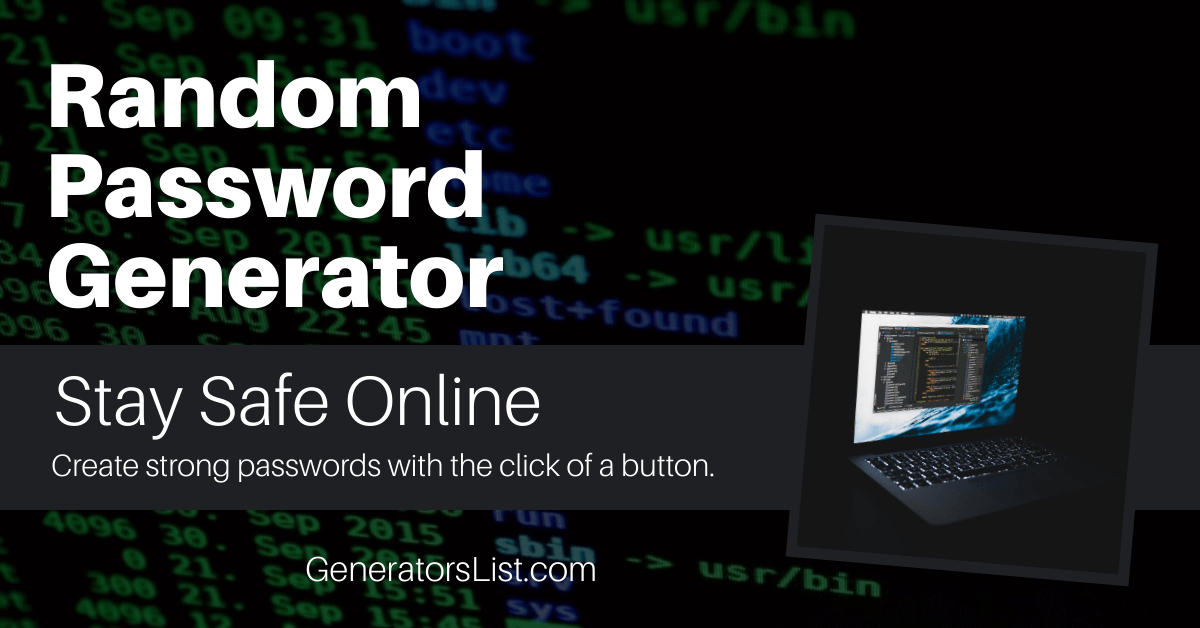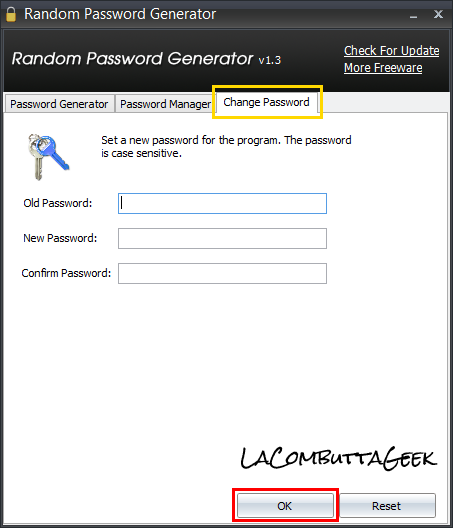

One method I use to memorize complex passwords is to open a word processor like notepad and type the new password several dozen times until it becomes muscle memory. My recommendation is to create a 15-character complex password (upper and lower case letters, numbers and symbols) and commit it to memory. Your password database is only as secure as your master password.
#Last pass random password how to#
If you go with LastPass, here are my tips on how to get the most out of it. I recommend LastPass for its ease of use, but there’s also KeePass, Password Safe and 1Password. How to get startedĬheck out the top password managers online and see which one works for you. This allows you to have a unique password for each account that you use online, so a breach on one account won’t impact the rest. If you’re signing up for a new account or changing the password of an existing account, LastPass can generate and save a random complex password for you. Great, so that takes care of securely keeping track of existing passwords, but what about generating new ones?Įasy. Your LastPass account and password database are protected by a master password that you create when signing up for the service, so once the database is populated you’ll only have one password to remember. Once a password has been saved into the database, LastPass will automatically populate the username and password fields when you return to that site. When you log in to a website, LastPass will offer the option of saving the username and password in your secured password database. LastPass is a cloud-based password management system that integrates into your Web browser via a plugin.

There are many different options out there, but to give you an idea on what they do and how to use them, I’ll share my experience with the password manager that I prefer to use- LastPass.


Password managers are built to improve the security of your online accounts and save time all at once. So how do we take control of our passwords without them controlling us? Use a password manager. It only takes one data breach on the weakest system for an attacker to get the password that you use for everything else. The irony is that by requiring such complex passwords, people end up re-using a single password across multiple systems, which actually increases the risk of that password being compromised. These passwords can be difficult to crack, but also a nightmare to memorize! In the government space, passwords must be changed every 90 days, be a minimum of 15 characters and contain upper and lowercase letters, numbers and symbols. Why is this not just an individual’s problem, but a business problem? Because we work from everywhere, and the only thing that protects many of our online accounts from unauthorized access is a basic password. Are they secure enough? Sophos says no, estimating that 75 percent of people are using all-too-simple passwords like children or pet names, or even birthdays. Creating and memorizing secure passwords has become a major headache for many of us.Īccording to a study reviewed by Sophos, the average person has 19 passwords, a mix of personal and professional.


 0 kommentar(er)
0 kommentar(er)
